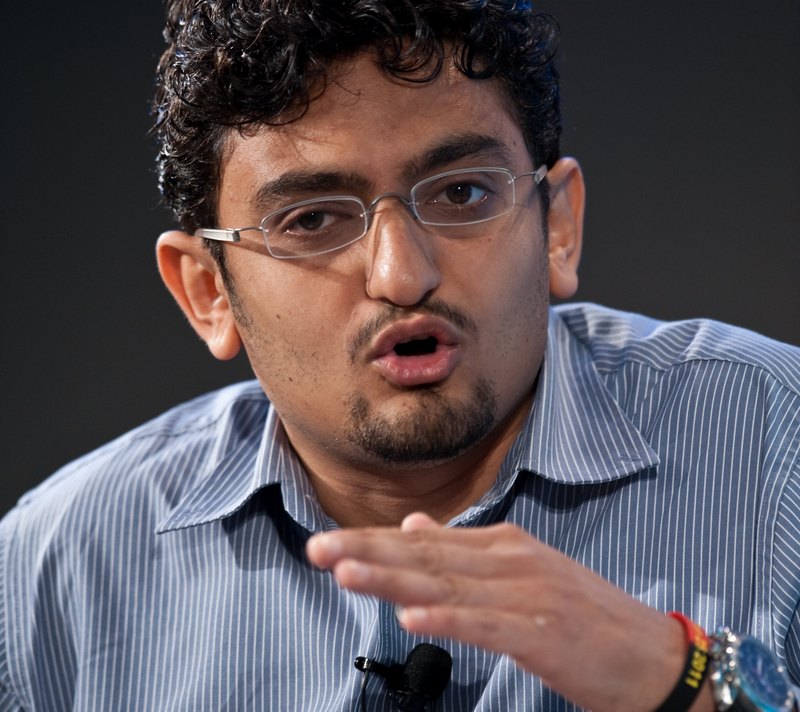LONDON: British Prime Minister David Cameron unveiled Thursday new measures to end the worst riots in decades, and admitted he had considered ordering the army to quell the violence.
As a police crackdown and heavy rain prevented a fifth night of chaos, Cameron told an emergency session of parliament he had given police extra powers, including the ability to order youths to remove face coverings.
Cameron said anyone whose property was damaged in the riots in London and other cities, during which dozens of buildings have been torched and four people killed, would be compensated.
"We will not let a violent few beat us," he told lawmakers.
"We need to show the world, which has looked on frankly appalled, that the perpetrators of the violence we have seen on our streets are not in any way representative of our country —nor of our young people."
He also said that a year before London hosts the 2012 Olympics Britain needed to show a more positive face to the world.
Britain is still reeling after four of the worst nights of rioting for decades, which started in London then spread to other English cities including Manchester and Birmingham.
Cameron, who cut short his holiday to deal with the crisis, said initially that "simply far too few police were deployed onto the streets", adding that police had treated it as a public order situation instead of criminality.
But he admitted for the first time that he and senior security officials had discussed calling out the military to help, and had raised the possibility of a curfew.
"It is my responsibility to make sure that every contingency is looked at —including whether there are tasks that the army could undertake that would free up more police for the front line," he said.
Those included "some simple guarding tasks" but added this was "not for today, it is not even for tomorrow, it is just so you have contingency plans in case it becomes necessary."
He reiterated that police had been given powers to use water cannon and plastic bullets.
The riots started on Saturday, sparked by anger over the shooting by police of a 29-year-old man, Mark Duggan, in the deprived north London district of Tottenham.
Cameron, whose Conservative-led coalition government is bringing in tough spending cuts, also dismissed claims that poverty had contributed to the unrest, saying it was "not about politics or protest, it is about theft".
Police started raiding addresses in London on Thursday to arrest people involved in the violence. Around 16,000 police have been deployed in London for the past two nights.
Apart from a brief flare-up involving 150 people in south London on Thursday the situation was generally calm.
Courts meanwhile stayed open overnight to deal with a backlog of more than 1,200 people arrested during the riots. Several people received jail sentences on Thursday while others were bailed.
Those facing judges have included an 11-year-old boy and a chef, a teaching assistant, an opera steward and an army recruit.
In Birmingham, the father of one of three Muslim Asian men who died in a hit-and-run incident emerged as a heroic figure for his impassioned calls for peace despite the specter of inter-racial tensions.
Tariq Jahan, whose 21-year-old son Haroon Jahan was one of those killed, was featured on the front page of several national newspapers addressing an angry crowd and urging them not to take revenge.
"I lost my son. Blacks, Asians, whites — we all live in the same community. Why do we have to kill one another? Why are we doing this? Step forward if you want to lose your sons. Otherwise, calm down and go home — please," he said.
A 32-year-old man has been arrested on suspicion of murder following the incident.
Meanwhile Malaysian student Asyraf Haziq Rosli, 20, who was mugged during the riots by a group of youths who pretended to help him after he suffered a broken jaw, left hospital in London on Thursday.
Footage of his ordeal has been watched by thousands of people on the internet.


